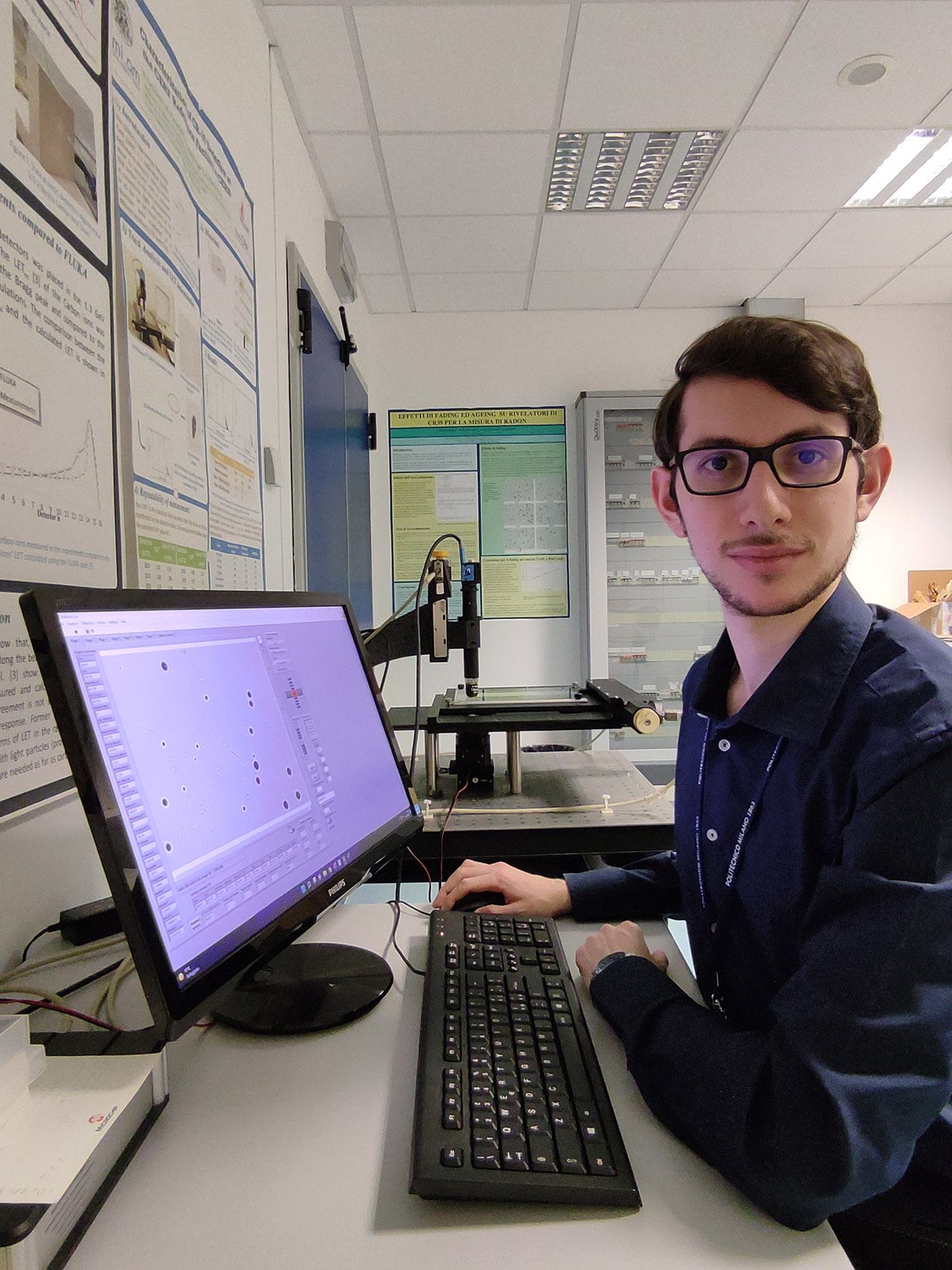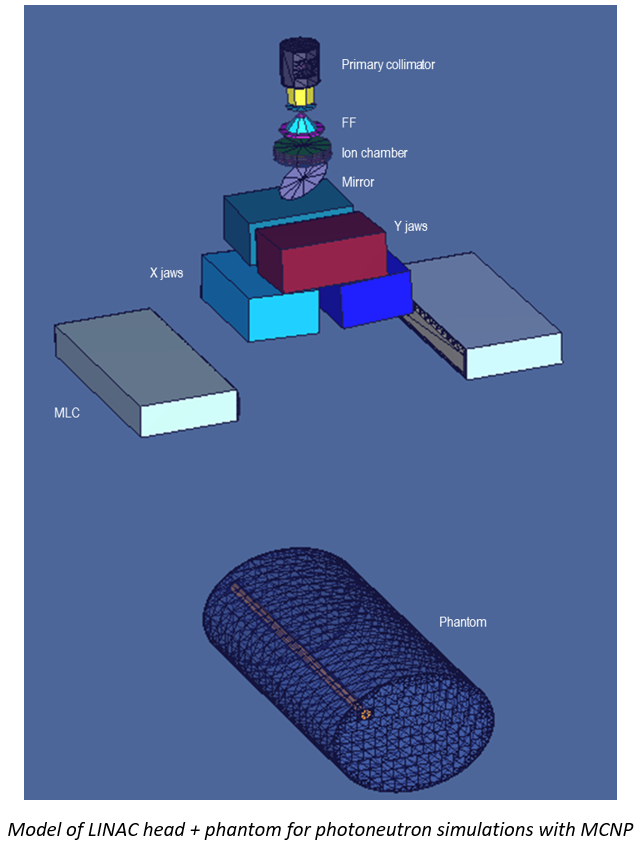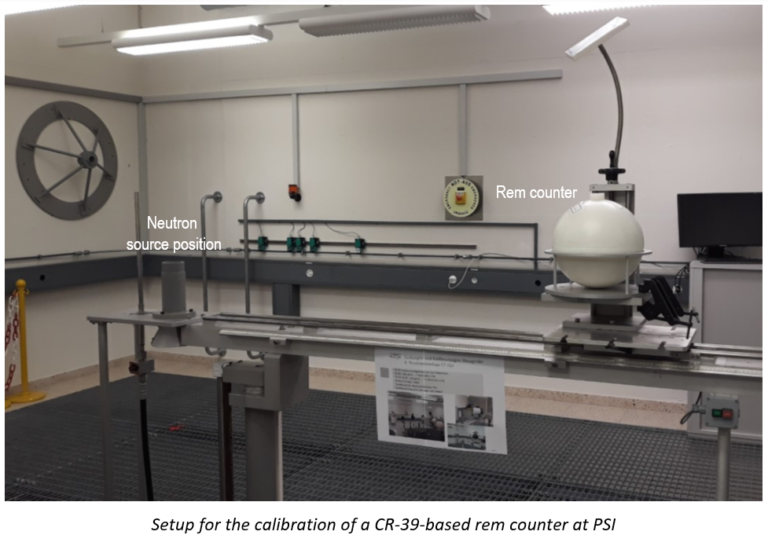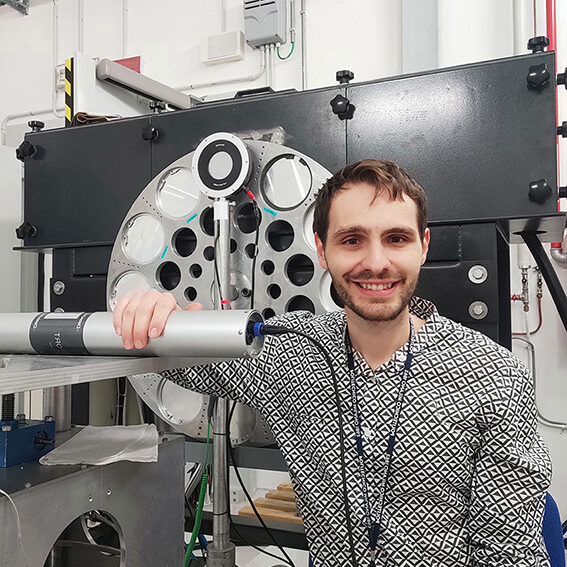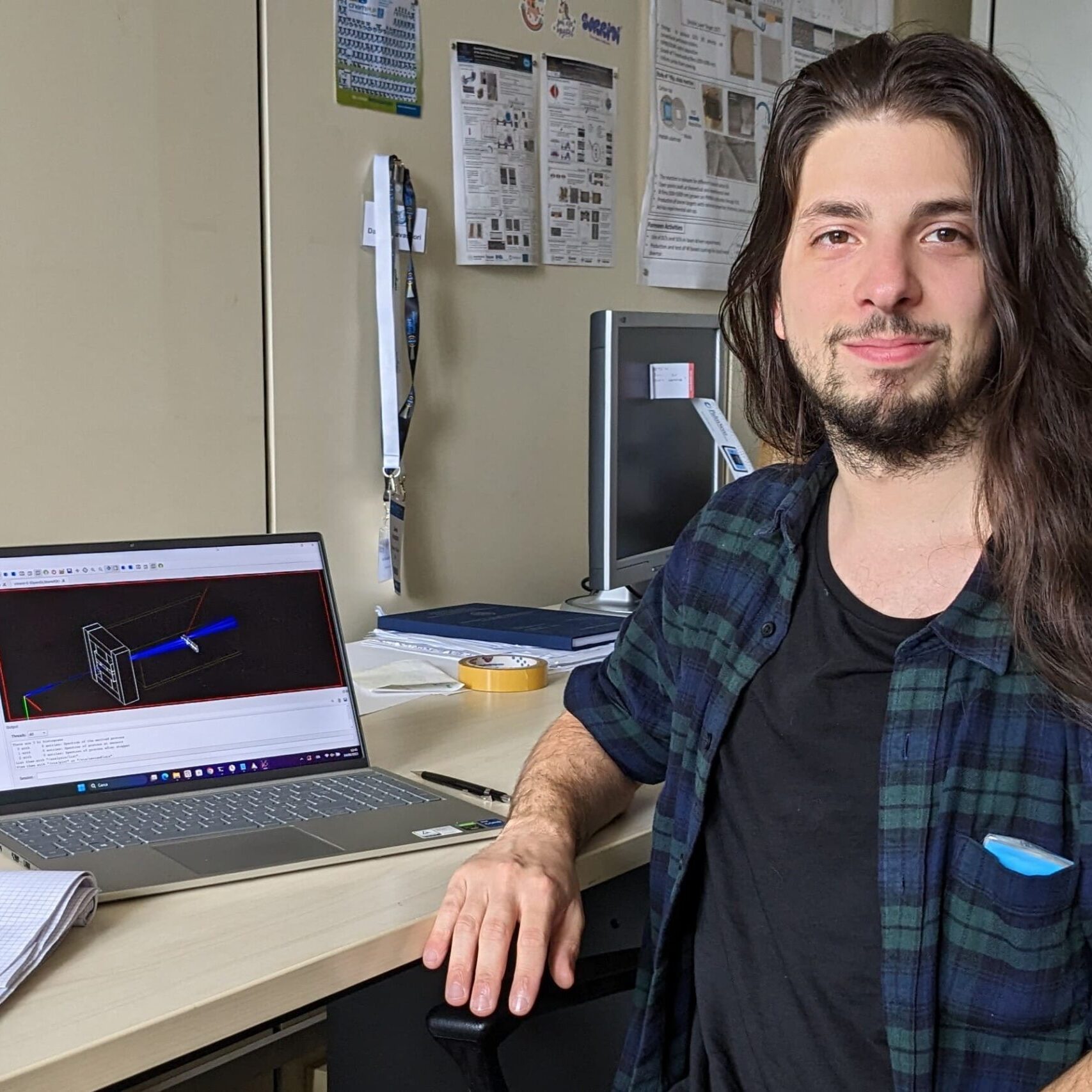Matteo Bolzonella
PhD thesis title: Passive neutron dosimetry with PADC track detectors – novel applications and optimization of individual monitoring
Academic Tutor: Stefano Luigi Maria Giulini Castiglioni Agosteo
Academic Supervisor: Marco Caresana
PhD cycle: 36° (see all student profiles of the same cycle > LINK)
BSc: Engineering Physics, Politecnico di Milano
MSc: Nuclear Engineering, Politecnico di Milano
Visiting Scientist at PSI (Villigen, Switzerland) (Jul. 2021) / Visiting Scientist at CERN (Geneva, Switzerland) (Aug. 2021-Aug 2022) / Visiting Scientist at IRSN-Cadarache (Saint Paul lez Durance, France) (Nov. 2022)
EURADOS Young Scientist Conference Support (YSCS) 2022 for IM2022/NEUDOS-14 / Energy for Motion grant for “Conference Award” and “Communication Award” awarded by the Energy Department of Politecnico di Milano (2022)
Thesis abstract
My PhD project is focused on neutron dosimetry with PADC (poly allyl diglycol carbonate, alias CR-39) track detectors. The work is divided into two main parts: 1) application of PADC detectors to new and/or challenging situations (pulsed neutron fields, photoneutron fields, etc.); 2) improvement and harmonization of personal neutron dosimetry with PADC, in collaboration with EURADOS (European Radiation Dosimetry Group). In my research project, I am carrying out both experiments in radiation facilities (CERN, PSI, etc.) and computer simulations with radiation transport codes (FLUKA and MCNP) to understand and extend experimental results.
Personal interest in my research theme
I have always been fascinated by Radiation Protection, especially applied to neutrons, which show a variety of mechanisms of interactions with matter making their detection both interesting and challenging. Thanks to my PhD project, I can dedicate myself to this activity at an international level collaborating with researchers from other institutions and accessing some among the most important European radiation facilities. Moreover, I have the opportunity of refining my skills with radiation transport codes, which I consider a crucial competence.
